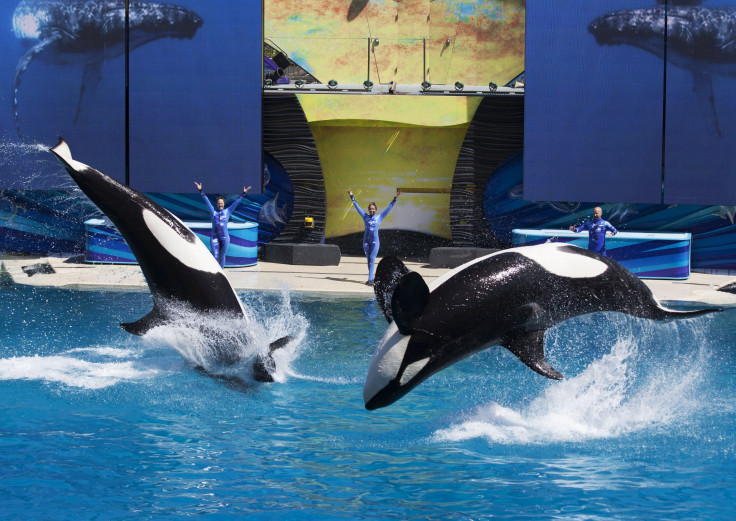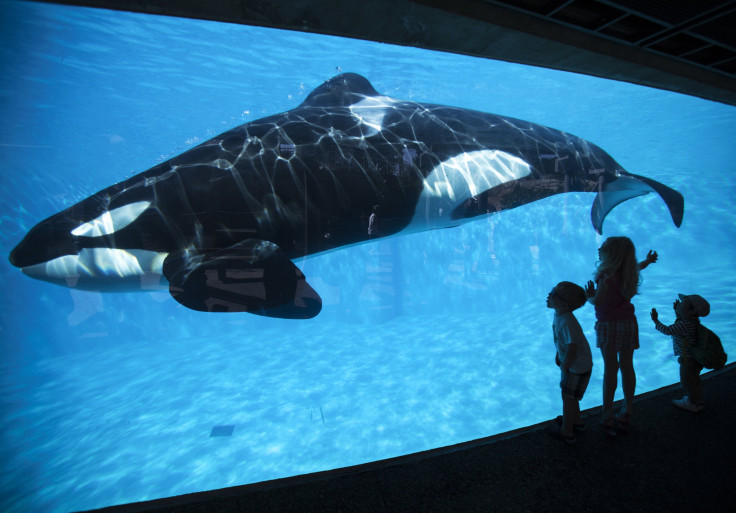SeaWorld announces last generation of killer whales in captivity

SeaWorld (NYSE:SEAS) have committed to ending their killer whale breeding program, stating that those currently held in its parks will be the last.
The company's entertainment parks, based in Orlando, San Diego and San Antonio in the US, have received widespread criticism over the last few years for holding the mammals captive and their circus treatment in shows.
“Times have changed,” the company said in a statement.
“The killer whales currently in our care will be the last generation of killer whales at SeaWorld. The company will end all orca breeding as of today.”
SeaWorld also said they would phase out shows in all three theme parks over the next three years, starting 2017.
“Seaworld has introduced more than 400 million guests to orcas, and we are proud of our part in contributing to the human understanding of these animals,” Joel Manby, President and CEO of SeaWorld Entertainment, Inc. commented.

SeaWorld has said the current killer whales in its care will not be released, and will still be in viewing areas to the public. These remaining orcas will be part of new programs that focus on orca enrichment, exercise, and overall health.
The company also announced a partnership with the Humane Society of the United States (HSUS) "to protect our oceans and the animals that call them home".
Worldwide concerns for killer whales in captivity were aired in 2010, following the death of a Seaworld trainer when one of the species Tilikum pulled her into the pool following a show.
The 2013 documentary "Blackfish" continued criticisms of keeping the mammals captive, bringing media attention to the increasingly aggressive behaviour of the whales when in captivity.
Over the next five years the park has pledged US$50 million (AU $65m) for advocating for the end of commercial killing of whales and seals, and to stop shark finning.





















